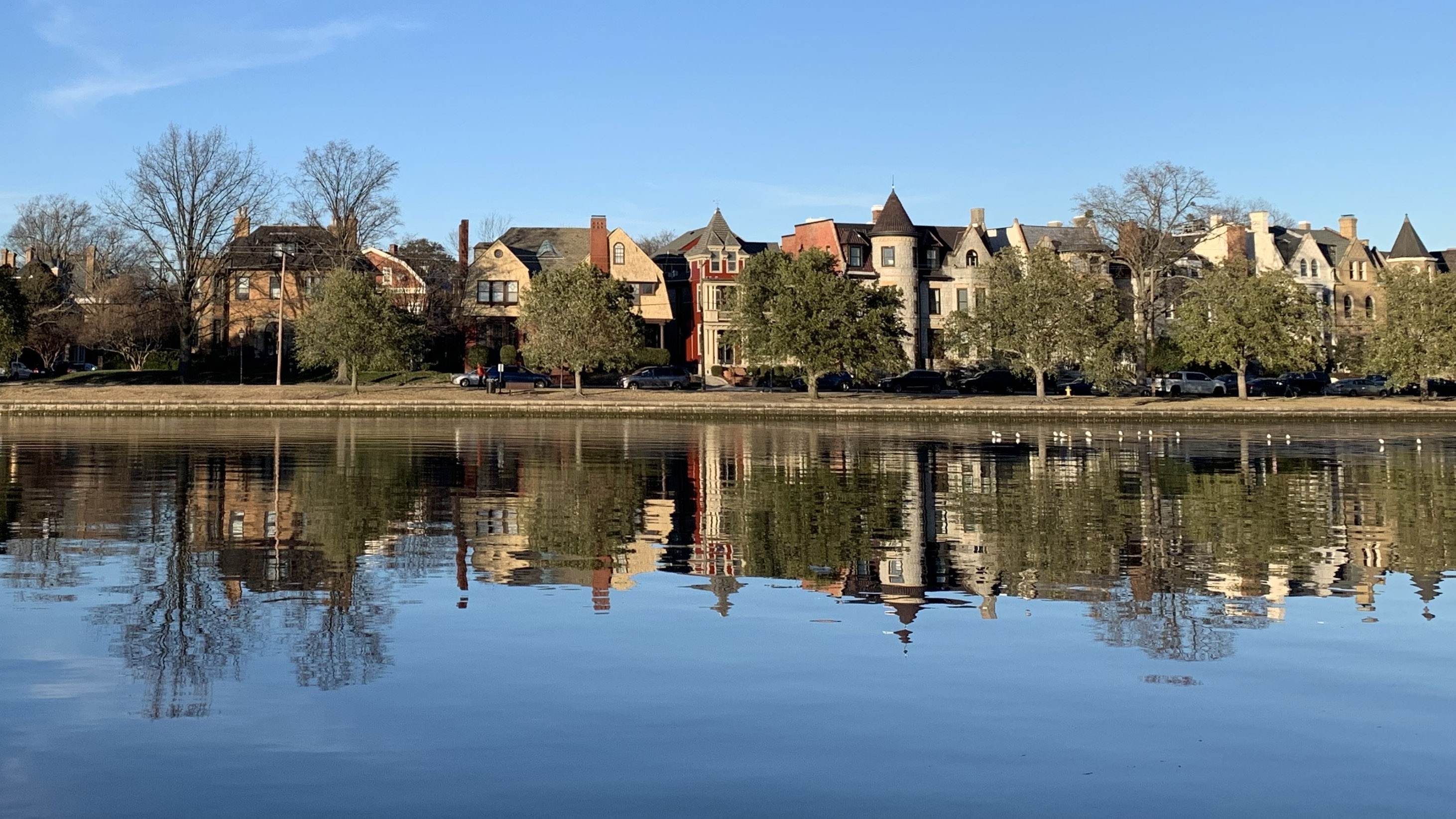Part 1:

Part 2:

As a longtime real estate agent in Hampton Roads, Barry Jenkins sees a lot of potential buyers fall in love with their future home.
At that point, they’ll calculate their budget and put in an offer. But only then do some learn of another cost, one that can add hundreds of dollars each year: flood insurance.
“The biggest concern with flood insurance is the fear,” said Jenkins, who works at Better Homes & Gardens Real Estate in Virginia Beach. “There's just sticker shock. It's not to say that flood insurance isn't worth it, but it's already so much money that they're spending that it kind of causes a bit of a disruption.”
When you buy a home in Virginia, the seller is legally required to disclose certain things that might affect the property value. Property owners have to let prospective buyers know if the home has been used to manufacture certain illegal drugs or is located near a noisy military air base.
But for the most part, sellers don’t have to reveal a home’s risk or history of flooding. That can have implications for buyers’ financial bottom line and safety in flood-prone Virginia. Climate change has increased the risk of flooding from rising sea levels and more intense rainstorms, and that’s expected to continue.
“It's been a ‘buyer beware’ situation here in Virginia,” said Mary-Carson Stiff, director of the Norfolk nonprofit Wetlands Watch. “All of the onus is on potential property owners to do all the due diligence to figure out if structures are located in the flood zone or not.”
Stiff is part of a coalition of environmentalists, emergency managers and other advocates pushing Virginia lawmakers to adopt a new law requiring stronger flood disclosures to protect buyers and renters from unknowingly moving into harm’s way.
Del. Phil Hernandez, a Democrat who represents Norfolk’s 94th District, has proposed a bill that would require sellers to share what they know about a property’s location within a flood zone and any previous damage from flooding.
Hernandez said in an emailed statement that it's a "commonsense bill to help families better understand flood risks before they make one of the largest investments of their lives."
He said it's particularly important to the Hampton Roads region, which sees regular flooding and has the highest rate of sea level rise on the East Coast, including from sinking land.
"Just this morning, I received an email from a Virginian who recently purchased a home, unaware of the flooding risks, and has since dealt with thousands of dollars of damage, not to mention the stress and safety risks," Hernandez wrote. "Compared to other states across the country, Virginia’s disclosure law is weak and does far too little to inform families about flood risks. This bill is an attempt to remedy that problem.”
Passing such a law would put Virginia in line with a national trend, said Joel Scata, a senior attorney with the Natural Resources Defense Council, a nonprofit environmental advocacy group.
The council has tracked flood disclosure laws across the country and noticed an increase starting around 2018, Scata said.
“I think there's a really strong recognition that the dangers and hardships flooding can present to unsuspecting home buyers and renters are high,” he said.
One inch of flooding in a home can cause about $25,000 worth of damage, he said.
Texas, New York, New Jersey and both Carolinas have enacted laws in recent years requiring homebuyers to be notified of things like previous flood-related repairs and if the property is in a floodplain.
Those states have an “A” grade from the NRDC. Virginia currently has an “F.”
The Commonwealth has “the opposite of a buyer-friendly disclosure law,” Scata said.
Under Virginia’s Residential Property Disclosure Act, owners waive disclosure of certain information like the presence of defective drywall, lead pipes and if the property is in a high-risk flood zone that requires flood insurance.
Wetlands Watch and other environmental groups have sought to change that for almost a decade, Stiff said.
In 2021, the General Assembly approved a small change requiring sellers to disclose whether their house is a “repetitive risk loss structure,” meaning it has received multiple flood insurance payouts of at least $1,000 within a decade.
This year’s proposal would go a lot further, making sellers also tell buyers whether the property is located in a higher-risk flood zone, has ever received federal disaster assistance or is near a dammed reservoir.
Much of the bill would also apply to renters, Stiff said.
“This is important because, especially in certain parts of Virginia where the military presence is robust, people are coming into our state and making rental decisions without ever having stepped foot in the community,” she said.
Then there’s the issue of flood insurance. People who buy a federally backed mortgage in high-risk flood zones – drawn up by the Federal Emergency Management Agency – are required to buy flood insurance.
Jenkins, the Virginia Beach Realtor, said he supports the new bill in principle because buyers deserve to get that information up front.
But he is worried about relying on sellers to provide the information. They could omit details on purpose or by accident.
“I think it’s going to give a false sense of security when the homeowner says, ‘I don’t know anything.’”
He thinks mandatory disclosures should instead come from insurance claim data.
But as flood risk increases, a lot of damage happens outside of FEMA flood zones, which are often based on outdated data, Stiff said.
The new bill would include information from local governments that have done their own risk mapping.
“If we're going to live in places that are in high flood risk areas, we really need to be as informed as possible,” Stiff said, “so that when storms hit, when floods occur, people are prepared financially for the impacts of that flooding.”




